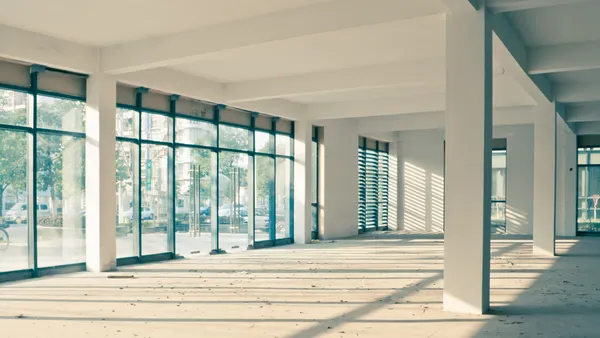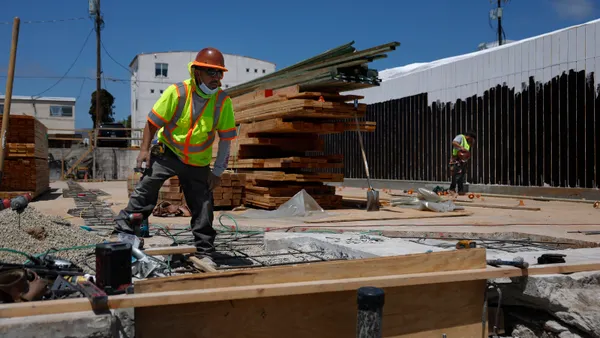Dive Brief:
- The Seattle City Council passed by a 7-1 margin a set of parking reforms that ease off-street parking regulations.
- The measure expands the portions of the city where residential developments are not required to have off-street parking. Developments in "frequent transit areas" do not need off-street parking, and the ordinance loosens the definition of frequent transit to mean scheduled transit service, not actual service. It also eliminates parking requirements for affordable housing.
- On-site parking costs will be decoupled from rental agreements in multi-family residences of 4,000 square feet or larger, so only tenants who wish to rent a parking spot will pay extra. The multi-unit residential and commercial property owners will be allowed to rent out on-premise parking spots to people who do not live or work in the building.
Dive Insight:
Proponents of this ordinance say it addresses the supply of off-street parking that goes unused during many parts of the day, while also tackling environmental and housing issues.
“We know that an over supply of cheap parking has a negative impact on Seattle — it increases driving and traffic congestion, increases our carbon footprint, and makes housing more expensive," Council Member Rob Johnson said in a statement.
Decoupling the price of parking from the price of housing ensures only people who own or use vehicles are paying for parking. The ordinance could lower short-term rental costs for vehicle-free residents in multi-family residences, but it also is intended to lower long-term costs. Parking is laborious and expensive to include in developments, and eliminating or reducing that expense for developers could trickle down to lower long-term housing costs for renters.
Opponents say removing parking at residences forces people into a car-free lifestyle, which simply doesn't work for some. The one council member who voted against the ordinance, Lisa Herbold, said it would unfairly impact low-income residents, especially those who have car-dependent jobs like delivery or ride-share drivers.
Some also worry that eliminating off-street parking for so many new developments will increase the number of people who must resort to street parking, thus making it more difficult to find street parking in a city where that already is a challenge.
But council members indicated allowing owners of existing buildings with on-site parking to rent out spaces will open up new off-street parking options to people who drive in these dense areas.
Allowing developers to forgo constructing parking lots will allow them to build more housing units on a site. That should increase the city's housing capacity, which it desperately needs, and could be a driving force for lower rents, which it also desperately needs. Loosening the parking requirements for affordable housing is particularly important for the construction of extra affordable units.










